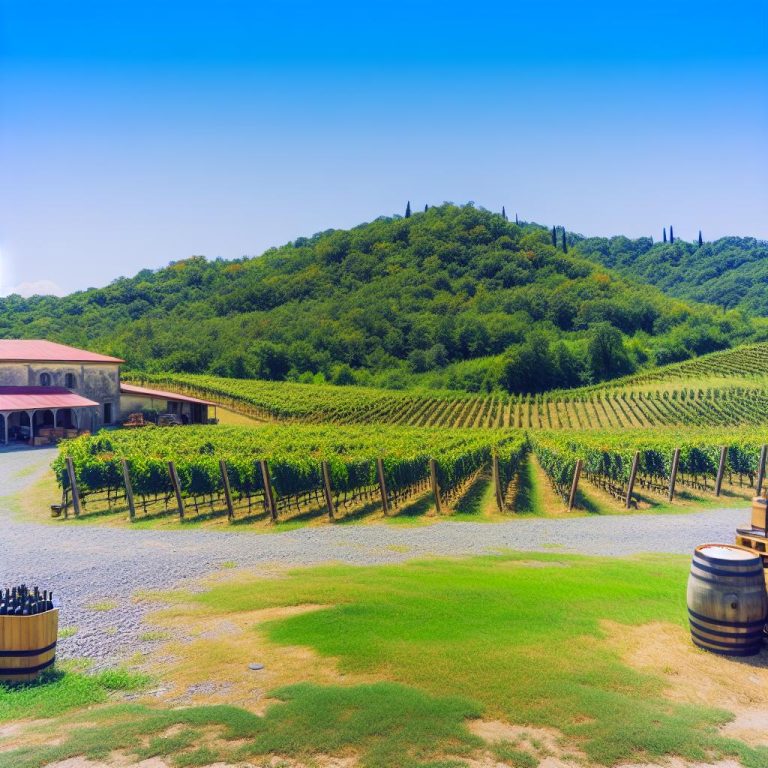Introduction to Corn Island
Situated off the Caribbean coast of Nicaragua, Corn Island is an enchanting locale celebrated for its cultural richness and breathtaking natural landscapes. Despite its humble size, the island holds monumental significance for the traditions and lifestyles of its inhabitants. Historically, Corn Island was an integral part of Caribbean trade routes, which introduced an array of cultural influences to its shores. These influences have been interwoven into the island’s fabric, creating a community that is both diverse and vibrant.
The Role of Family Traditions
Family traditions on Corn Island are crucial components that sustain social cohesion and preserve cultural heritage. These long-standing customs are generally handed down through generations, serving as guardians of the island’s unique cultural identity. Family gatherings often involve the sharing of narratives, recipes, and crafts, all of which echo the island’s history and cultural melding.
Wine-Making Traditions
Though it may not hold the same international recognition as European wine regions, wine-making on Corn Island is an esteemed tradition within many families. The island’s tropical climate presents ideal conditions for cultivating distinctive fruit-based wines, primarily crafted from locally grown fruits. Wine-making is usually a familial endeavor, where expertise and methodologies are shared among family members.
Corn Island wine is generally fruit-centric, utilizing ingredients like pineapples, bananas, and other exotic fruits native to the region. This local practice underscores values such as sustainability and resourcefulness, emphasizing the use of indigenous produce. While many families engage in wine-making primarily for personal enjoyment, the activity also serves as a social enterprise, fortifying familial connections.
Cultural Significance
Wine-making transcends the realm of culinary practices and holds a profound cultural significance on Corn Island. It is common for families to exchange bottles during social visits or community events, highlighting the crucial role of hospitality in their culture. Additionally, wine frequently makes an appearance in local celebrations and feasts, offering unique insights into the island’s gastronomic landscape.
Conclusion
Corn Island’s historical and cultural heritage is carefully preserved through time-honored family traditions like wine-making. These customs are key in maintaining the island’s distinctive identity, fostering a sense of pride and community among its residents. The amalgamation of cultural influences, along with the abundant natural resources the island offers, creates a unique environment where family traditions can flourish. If you wish to learn more about Corn Island and its diverse cultural practices, consider exploring local resources or tourism sites dedicated to this captivating Nicaraguan destination. Whether you find yourself intrigued by its history or its contemporary practices, Corn Island offers a rich tapestry of experiences waiting to be discovered.
Geography and Demographics
A closer examination of Corn Island’s geography reveals a picture of lush, tropical scenery surrounded by the sparkling blue waters of the Caribbean Sea. Comprising two sections—Big Corn Island and Little Corn Island—this area remains relatively untouched by the sprawling development that often accompanies tourist hotspots. The pristine natural environment not only adds to the island’s charm but also plays a pivotal role in the continual practice of its cultural traditions.
A deep connection to its environment is evident in the daily lives of inhabitants, who are largely dependent on the resources available from both land and sea. From agriculture to fishing, these livelihoods enable the preservation of both sustenance and cultural practices.
Linguistic and Cultural Melting Pot
One of the most striking aspects of Corn Island is its blend of languages and cultures. Because it was a crucial stop along the Caribbean trade routes in past centuries, the island absorbed a multitude of cultural elements from the various peoples who passed through. The present-day community is a fascinating mix of Creole, Miskito, and Mestizo cultures, along with influences from English and Spanish-speaking settlers. This diversity is reflected in the island’s varied linguistic tapestry and adds a colorful dimension to local traditions and everyday life.
Local Cuisine and Beyond
While wine-making is a unique tradition on Corn Island, the local cuisine offers culinary enthusiasts a chance to experience the flavors of its diverse culture. Combining local ingredients with time-honored recipes, dishes often include fresh fruits, vegetables, and an abundance of seafood. Whether it’s a traditional Creole dish or a more modern fusion, the cuisine here is a direct extension of the island’s history and cultural milieu.
Integration of Heritage and Modern Life
While deeply rooted in tradition, modern life on Corn Island also reflects the inevitable integration of global and contemporary elements. The local community balances the preservation of their cultural identity with the influences of globalization. Technology and communication are increasingly accessible, allowing residents to connect with the broader world without losing sight of their traditions.
Efforts are made to document and share these traditions, providing both locals and visitors the opportunity to engage with the island’s rich heritage. Educational programs, cultural tourism, and community events are among the initiatives developed to promote understanding and appreciation of Corn Island’s unique identity.
Final Thoughts
The distinctiveness of Corn Island lies in its ability to blend historical legacy with contemporary realities, maintaining a dynamic equilibrium that sustains its vibrant community. As more people discover its secrets, the island faces the challenge of preserving its cultural treasures while accommodating new influences. Understanding and participating in its traditions offer valuable insights into a way of life that has not only survived but thrived amidst change.
For those interested in experiencing Corn Island firsthand, a plethora of resources and tourism platforms are available to guide you through this alluring slice of Caribbean paradise. Whether you choose to explore its heritage, take part in its culinary traditions, or simply bask in its natural beauty, Corn Island promises an enriching journey into a rich cultural mosaic.
